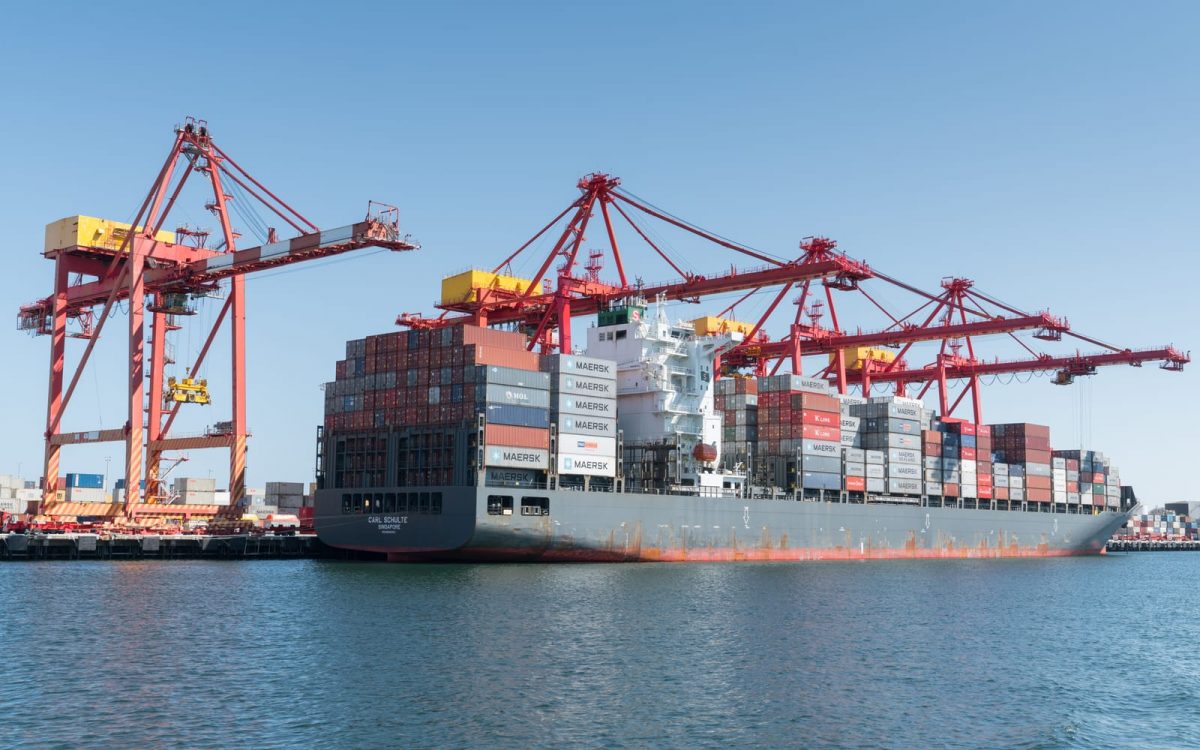Navigating the complexities of tax relief can be particularly tricky for those who work at sea. The Seafarers Earnings Deduction (SED) offers a valuable solution for seafarers earning income outside the UK. This article aims to clarify what you need to know about SED, including eligibility criteria and claiming procedures. If you’re a seafarer aiming to benefit from tax relief, understanding your entitlements is crucial.
What is the Seafarers Earnings Deduction?
The Seafarers Earnings Deduction provides UK tax relief for seafarers who earn their wages, either wholly or partly, while working outside the UK. This relief helps seafarers avoid paying UK tax on income earned during an eligible period while performing maritime duties. The main aim is to support seafarers and acknowledge the special nature of their work.
Eligibility Criteria for the Deduction
Understanding eligibility is fundamental to claiming the Seafarers Earnings Deduction. Here are the primary criteria that seafarers must meet:
1. Perform Duties on a Ship
To qualify for the SED, seafarers must have performed all or most of their duties aboard a ship. It’s important to note that if any other duties are performed, they should be incidental to the work aboard the vessel.
2. Duration of Employment Outside the UK
Seafarers must also have worked outside the UK for a sufficient amount of time to be eligible for this tax relief. Generally, a minimum of 365 days of overseas work is required to qualify for the deduction.
3. Residency Requirements
Another key criterion for claiming the Seafarers Earnings Deduction is residency. Seafarers must be resident in the UK or classified as a tax resident in an EEA state (excluding the UK).
4. Exclusions from the Deduction
It’s worth mentioning that certain individuals are not eligible for SED. Crown employees, such as members of the Royal Navy, non-UK residents, and non-EEA residents are excluded from benefiting from this tax relief.
Importance of Documenting Time Outside the UK
To successfully claim SED, seafarers must keep thorough records of their time worked outside the UK and their time spent on board ships. This documentation serves as evidence to support your claim for tax relief. Having a well-maintained record is not just advisable; it’s essential if you want to ensure that your claim is accepted by HM Revenue and Customs (HMRC).
Claims Process for Seafarers Earnings Deduction
Seafarers need to follow a specific process when claiming the Seafarers Earnings Deduction. Here’s a straightforward breakdown of what steps to take:
1. Gather Evidence
Compile all necessary documents that show the time spent on board and working outside of the UK. This could include logbooks, contracts, and documents from your employer.
2. Submit Your Claim
Claims for SED must be submitted within the standard time limits for making tax claims. This window typically spans four years from the end of the tax year in question. For instance, for the 2021-2022 tax year, the final deadline for claims is 5 April 2026.
3. Ensure Accuracy
Double-check all your documentation before submission. Errors or inaccuracies can lead to delays or rejection of your claim.
4. Consult Professional Advice
If you’re uncertain about any aspect of the claims process, it can be beneficial to consult an accountant. A local accountant, such as those at Simply Accounts Accountant Chester, can help ensure that your claim is correctly prepared and submitted.
Understanding the Definition of a Ship
An interesting aspect of the Seafarers Earnings Deduction is the term ‘ship’ itself. While it is a common term, it is not explicitly defined in UK tax law. However, it’s important to note that ‘offshore installations,’ specifically used in the offshore oil and gas industry, are not considered ships under the deduction guidelines. Therefore, seafarers working on such installations should be aware that they cannot claim SED for their earnings.
The Seafarers Earnings Deduction offers much-needed tax relief for those who spend significant time working outside the UK. For eligible seafarers, understanding the criteria, documenting their time, and following the correct claims process are essential steps in making the most of SED. As deadlines approach, such as the one for the 2021-2022 tax year, it is wise to act swiftly and ensuring that all claims are submitted punctually. If in doubt, consider seeking assistance from professionals like Simply Accounts Accountant Chester, Accountant Ashton, Accountant Wallasey, Accountant Runcorn, Accountant Leigh to help navigate the complexities of tax relief for seafarers.


